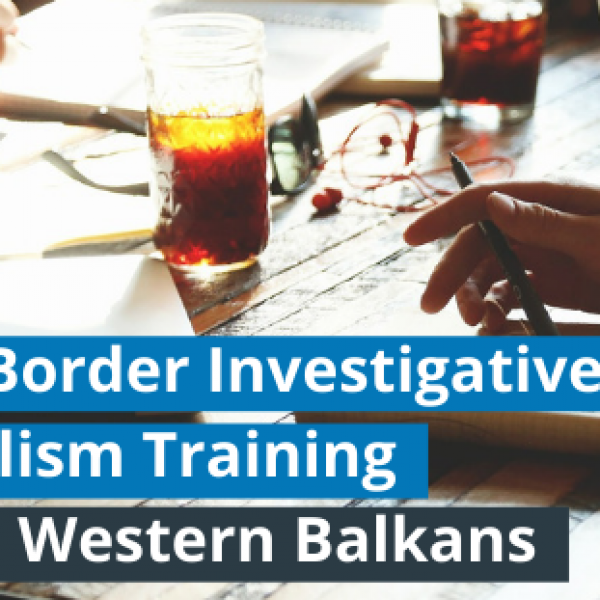Deadline: 20/07/2010
The TRAIN programme (Think Tanks providing Research and Advice through Interaction and Networking) seeks to foster a fruitful policy dialogue between think tanks and political actors in the Western Balkans. Especially with a view to the European integration process, the voice of regional think tanks and their impact upon national policy-making must be strengthened and their visibility and credibility vis-à-vis EU actors enhanced.
Eligibility:
*The TRAIN programme aims to support think tanks with a clear policy-oriented approach that focus on national, regional and/or international politics.
*A certain level of professionalism, demonstrated through regular publications containing specific policy recommendations to decision-makers, is expected.
*Applicants should be experienced in communicating the results of their research to relevant actors such as national parliaments, national media, and political parties.
Program content:
The TRAIN programme is divided into three key stages:
* An introductory regional conference will offer the occasion to set the research agenda, exchange good practices, and begin networking.
* Individual work on the policy paper and dissemination strategy will take up the bulk of the programme duration.
* A final wrap-up conference in Brussels will allow the participating think tanks to present their findings to EU decision-makers and thus to establish contacts with relevant Brussels actors.
Key benefits:
* The main benefits of the TRAIN programme lie in the capacity-building workshops and the networking opportunities awarded to up to two researchers from each participating think tank.
* All travel and accommodation expenses related to the participation in the programme will be borne or reimbursed by the German Council on Foreign Relations (DGAP).
* While no direct payments towards salaries can be made, each policy paper will be awarded a 500€ grant. Furthermore, the layout and printing of the final policy paper can be subsidised with up to 250€.
Programme outline:
* Application deadline: 20 July 2010.
* Selection decision communicated to applicants: 6 August 2010.
* Programme duration: September – December 2010.
* Regional Conference in Belgrade: 27 September to 1 October 2010.
* Work on individual policy paper: 1 October – 15 November 2010 (six weeks).
* Final papers submitted by: 15 November 2010.
* Presentation of results to national parliamentarians: November/December 2010.
* Brussels Conference: Early December 2010 (tbc).
Any questions regarding the application procedure may be addressed to Natasha Wunsch, Programme Officer, German Council on Foreign Relations (DGAP), at wunsch@dgap.org.
How to apply:
Applications should include a completed application form indicating the following:
* General and contact information concerning the applicant;
* A description of the envisaged policy paper topic explaining its relevance in the national context;
* A concrete dissemination strategy detailing how the obtained results will be communicated to national parliamentarians and media;
* A brief description of the think tank history, structures and existing publication formats as well as the CVs (max. two pages each) of the prospective programme participants.
To apply, please send all required documents by 20 July 2010 at the latest via email to wunsch@dgap.org. The subject line should read “Application: [name of think tank]”.


